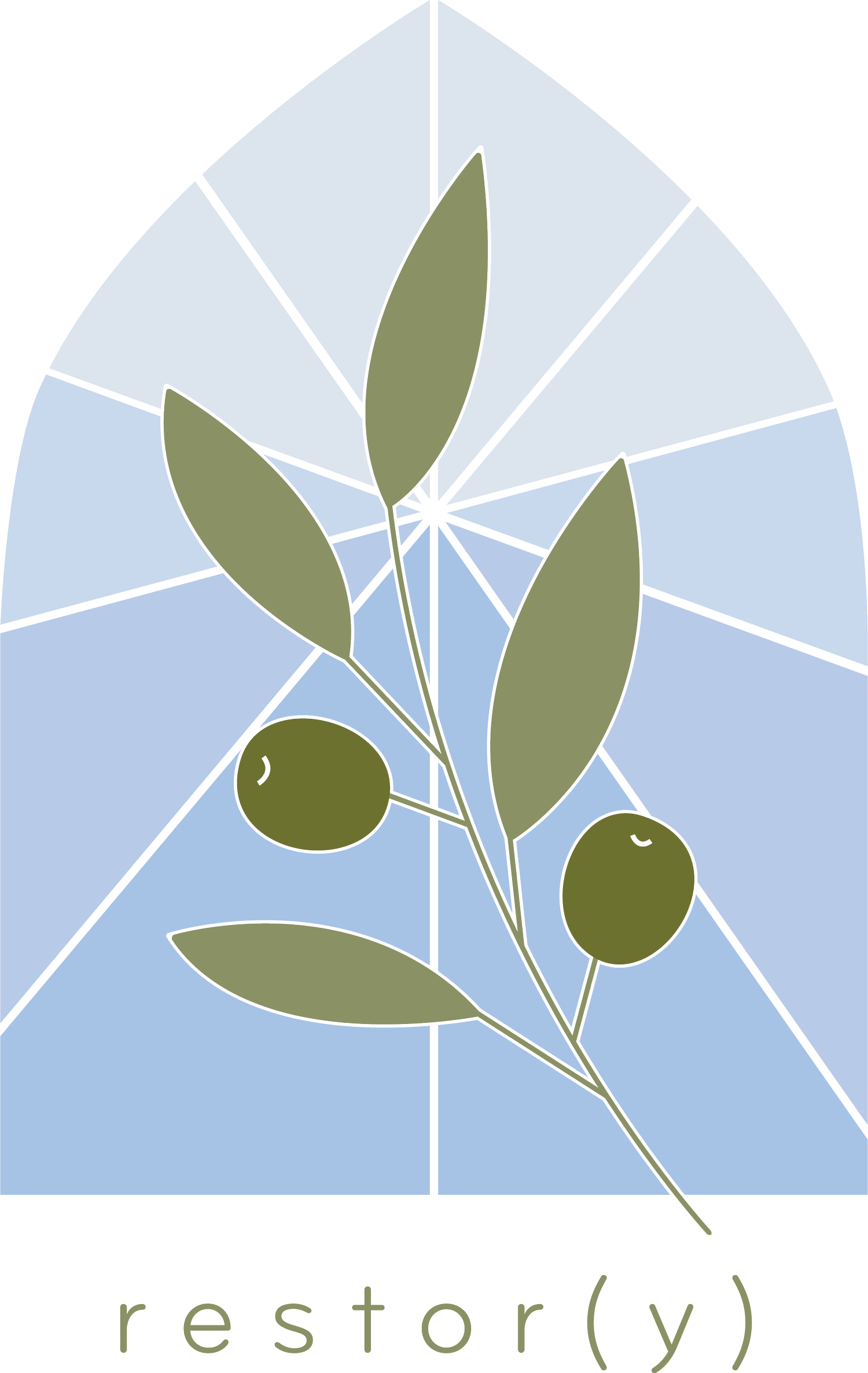A Restorative Lent
We interrupt your entrance to the holiday season with an important message for those seeking to lead trauma informed churches and ministries: as you plan out the new year and ministries for 2024, remember Lent. As you wrestle with the atrocities we are witnessing in our world today, the many lives lost in Israel and Gaza, the pain of the ongoing war in Ukraine, the local suffering of families wondering how they’re going to give gifts to their children this Christmas when inflation has made the cost of simple things like milk feel out of reach for many, may you remember Lent.
Growing up in an Evangelical, Protestant home, I thought Lent was a season where my Catholic friends simply did not eat chocolate. It wasn’t until I was in college that I began to see the profound gift the season of Lent is to all who participate and to the church as a whole. The more I studied trauma and its impact upon individuals and communities, the more I became convinced that participating in the season of Lent is essential to the health of the church, and not because of the lack of sugar consumption (though that probably doesn’t hurt) but because of the invitation to lament.
Lent begins on Ash Wednesday, a day set apart to remind us all that from dust we have come and to dust we will return. Often, a key scripture used on this day to usher the church into the season of Lent is Joel 2:12-13 which reads,
“Yet even now, says the Lord, return to me with all your hearts, with fasting, with weeping, and with sorrow; tear your hearts and not your clothing. Return to the Lord your God, for he is merciful and compassionate, very patient, full of faithful love, and ready to forgive.”
It is an invitation to enter into a season of lamenting, of mourning, of grieving, or being overcome with grief to the point of tearing one’s clothing. Lent is meant to be a season of identifying all that is broken within us and within the world around us, not so we might disparage ourselves or sink into depression, but rather so that we might move towards the God who is merciful and compassionate, that as we grieve and mourn, that we might encounter God’s faithful love. Lent is to be a season of healing.
Judith Herman, a leading trauma therapist and author, says in her book Trauma and Recovery: The Aftermath of Violence - From Domestic Abuse to Political Terror,
“To the extent that the patient is unable to grieve, she is cut off from a part of herself that is robbed of an important part of her healing. Reclaiming the ability to feel the full range of emotions, including grief, must be understood as an act of resistance rather than submission to the perpetrator’s intent. Only through mourning everything that she has lost can the patient discover her indestructible inner life.”
In this quote, Herman, reminds the church why Lent is essential to the life of a healthy church. Lent provides individuals with an opportunity to grieve what they have lost, either through the wrong they have committed or the wrong done to them. Lent invites the church into a season of feeling a full range of emotions, of not numbing pain or ignoring sorrow. The call to lament during these 40 days before Easter, is an act of resistance on the part of the church. Lament is not walking around defeated as though the suffering in the world is evidence that the enemy has won. Rather, when the church chooses to lament all that is broken in the world, to grieve what has been lost to evil and suffering, it reminds the world that this pain is not how it's supposed to be, something else is possible. Mourning what has been lost begs the question, what can be restored? By daring to imagine what might be restored, the people of God move towards healing. This is the power and beauty of Lent.
So as you consider your ministry calendar for 2024, do not forget Lent. Do not rob your people of this incredible season of healing. Grieve with and for your people. Give them space to feel the full range of emotions that comes with suffering. Most importantly, lead them to the God who is full of faithful love.
Rather, when the church chooses to lament all that is broken in the world, to grieve what has been lost to evil and suffering, it reminds the world that this pain is not how it's supposed to be, something else is possible.
